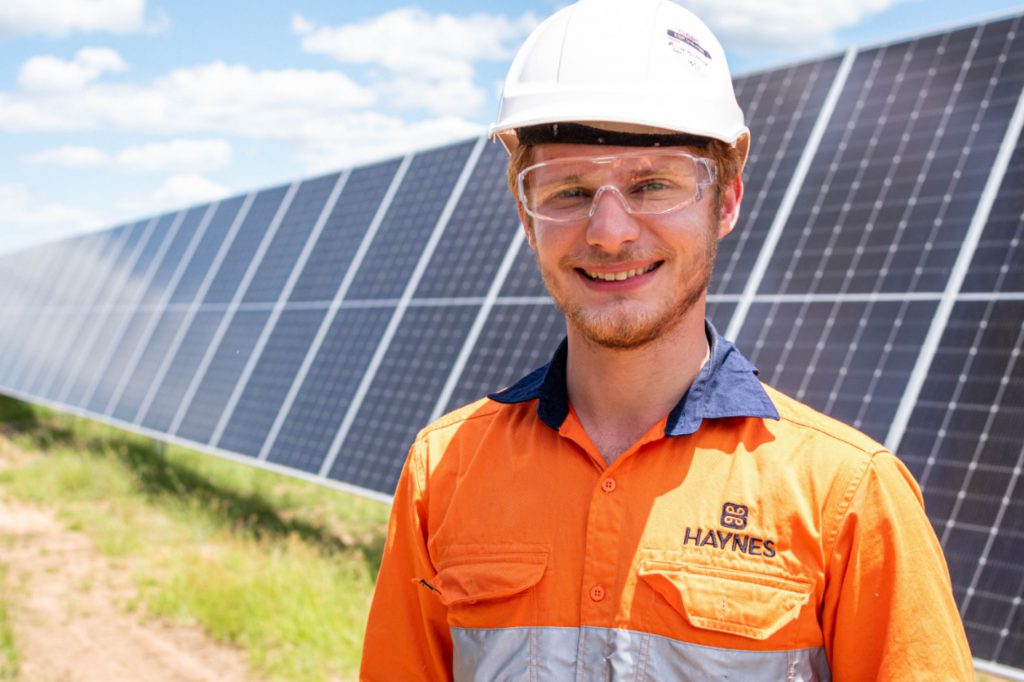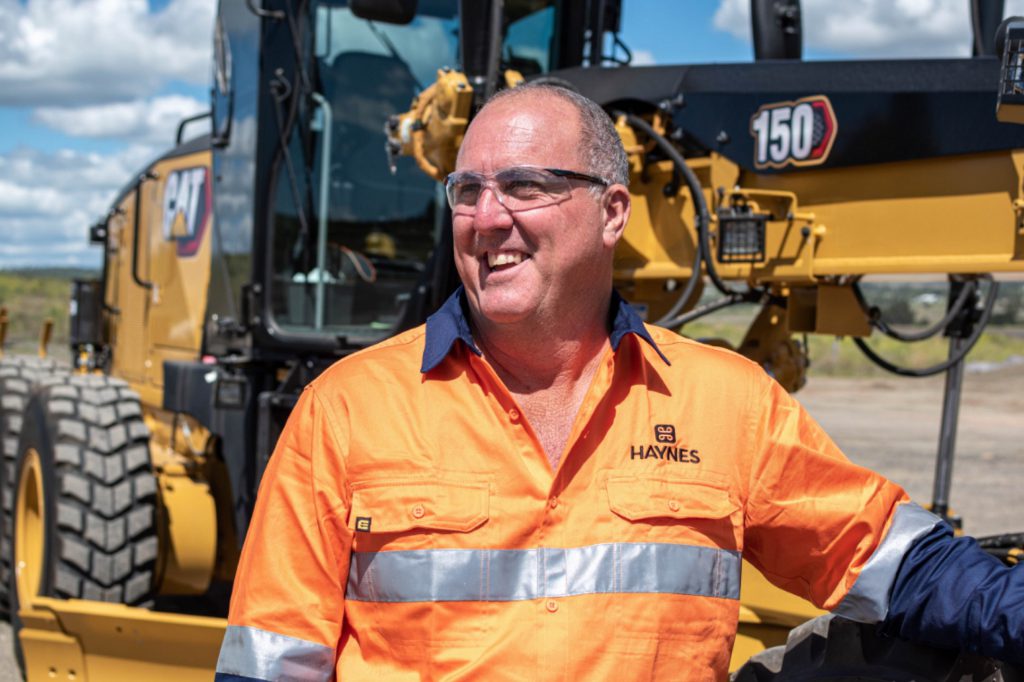South Australia
From Adelaide to Yorketown and everywhere in between—Haynes is your one-stop shop for all labour-hire and recruitment needs.
Haynes supports you through your search for qualified candidates and general labour. We’ve helped fill positions from office assistants to engineers, from tradies, builders, electricians and plumbers – all the way up to executive management.
Looking for work?
Looking for staff?
With over 30 years of experience in Queensland markets, Haynes have placed candidates in towns across the state:
- Adelaide
- Gawler
- Mount Gambier
- Mount Barker
- Whyalla
- Murray Bridge
- Victor Harbour
South Australia is currently undergoing a number of large construction developments resulting in a competitive workforce. Haynes has been focused on building strong networks within the construction and manufacturing industries to allow us to have a database of good-quality, reliable candidates in all regions of South Australia.
Roles
Renewables roles
Labourers and trade assistants are an essential part of the renewable energy industry in South Australia. These roles are responsible for completing various tasks on site, such as: cleaning and preparing the site, erecting scaffolding and ladders, assisting electricians with wiring, and helping with the installation of solar panels, wind turbines and other renewable energy infrastructure. Labourers and trade assistants can also help with the maintenance of equipment, ensuring that it is kept in good working order. With renewable energy becoming more prevalent across South Australia, these roles are in high demand, offering excellent career opportunities.
Leading hands play a vital role in the renewable energy industry in South Australia. As supervisors and construction managers, leading hands are responsible for overseeing the day-to-day operations of a job site. Their duties include planning and scheduling work, coordinating activities between teams, and monitoring progress and quality of work. They also provide direction and guidance to other workers, and act as a link between upper management and front-line staff.
Mining roles
Manufacturing roles
In South Australia, there is a high demand for skilled operators to fill positions ranging from CNC machines to forklifts and production lines. It is essential that these operators have experience in the industry and an in-depth understanding of the relevant machinery, in order to ensure the safe and efficient operation of all equipment.
Fitter roles are critical to manufacturing, and they involve the installation, assembly, repair and maintenance of mechanical equipment, tools and machinery. Fitters often work with metal and other materials to create components for machines and other equipment.
Officers can take on roles such as Sales Admin, Data Entry, Customer Service, or Site. Sales Admin involves managing sales activities, making sure that customers receive a positive experience and ensuring that sales targets are met. Data Entry involves inputting data into a system accurately and quickly, using software programs such as spreadsheets and databases. Customer Service includes taking orders from customers and providing support when necessary. Finally, Site officers are responsible for ensuring that the site is running smoothly and efficiently, including monitoring safety and compliance.
Civil roles
Engineers are essential to any civil construction project in South Australia. Structural engineers, highway engineers, civil engineers, drainage engineers, geotechnical engineers and environmental engineers all have roles to play in making sure projects are completed safely, efficiently and to the highest standard. Structural engineers ensure buildings and structures are safe, stable and sound. Highway engineers provide expertise on the design and implementation of highway infrastructure. Civil engineers focus on the physical elements of a construction project, such as roads, bridges and drainage systems. Drainage engineers look at the water flow of a construction project, considering rainfall, flooding and runoff. Geotechnical engineers focus on how soil, rock and other materials will interact with a project, while environmental engineers ensure the project is designed to protect natural resources and the environment. Each of these disciplines can be applied to a variety of civil construction projects, such as roads, bridges, dams and water treatment facilities.


